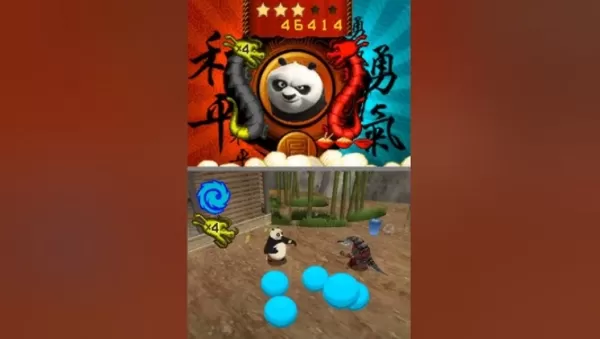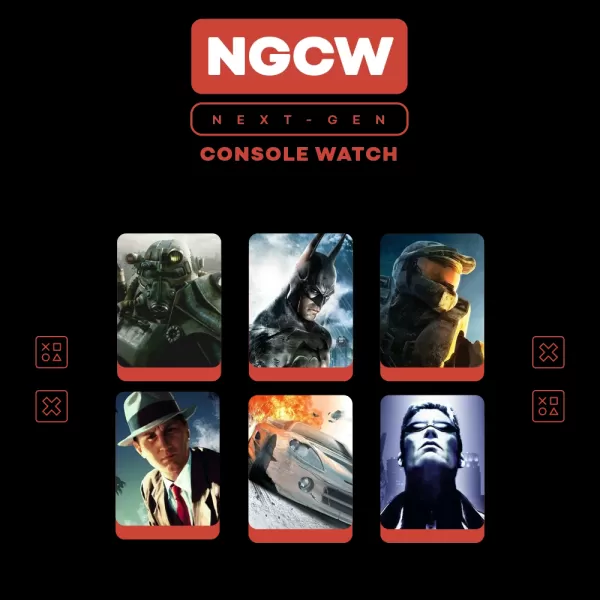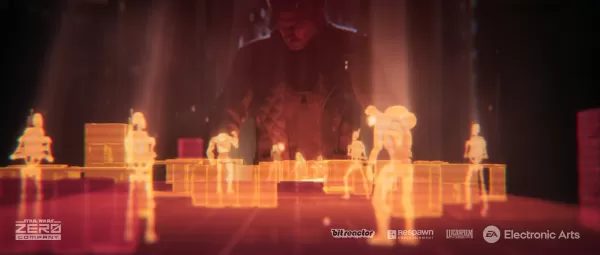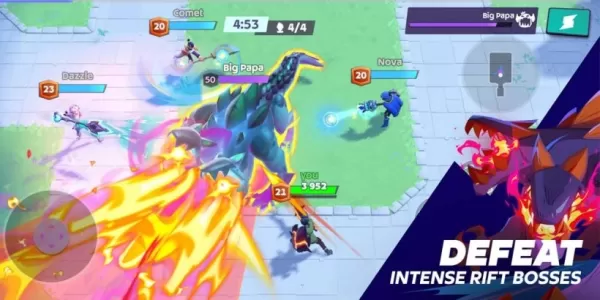Ubisoft has clarified that purchasing a game does not grant players "unfettered ownership rights" but rather a "limited license to access the game." This statement was made in the context of a lawsuit filed by two players of the now-defunct racing game, The Crew, which Ubisoft shut down last year. The game, released in 2014, is no longer playable in any form, with its servers permanently closed at the end of March 2024. While Ubisoft provided offline versions for The Crew 2 and The Crew: Motorfest, no such option was extended to the original The Crew.
Last year, two gamers initiated legal action against Ubisoft, asserting that they believed they were "paying to own and possess the video game The Crew" rather than "paying for a limited license to use The Crew." Their lawsuit likened the situation to buying a pinball machine only to find it stripped of essential components years later.
As reported by Polygon, the plaintiffs accused Ubisoft of breaching California's False Advertising Law, Unfair Competition Law, and Consumer Legal Remedies Act, alongside claims of common law fraud and breach of warranty. They also alleged that Ubisoft violated California's gift card law, which prohibits expiration dates on such cards. The gamers pointed to the activation code for The Crew, which does not expire until 2099, suggesting that this implies the game would remain playable well into the future.
Ubisoft's legal team countered these claims, stating that the plaintiffs believed they were buying perpetual access to the game. They emphasized that consumers were clearly informed at the time of purchase that they were acquiring a license, not ownership. Additionally, Ubisoft noted that the packaging for Xbox and PlayStation versions included a prominent notice that the company could terminate access to online features with 30 days' prior notice.
Ubisoft has moved to dismiss the case, though if the motion fails, the plaintiffs are seeking a jury trial. This legal battle comes at a time when digital marketplaces like Steam have started to explicitly inform customers that they are purchasing a license, not a game, following a new law signed by California Governor Gavin Newsom. This law mandates clearer communication about the nature of digital purchases but does not prevent companies from discontinuing access to content.

 LATEST ARTICLES
LATEST ARTICLES 












